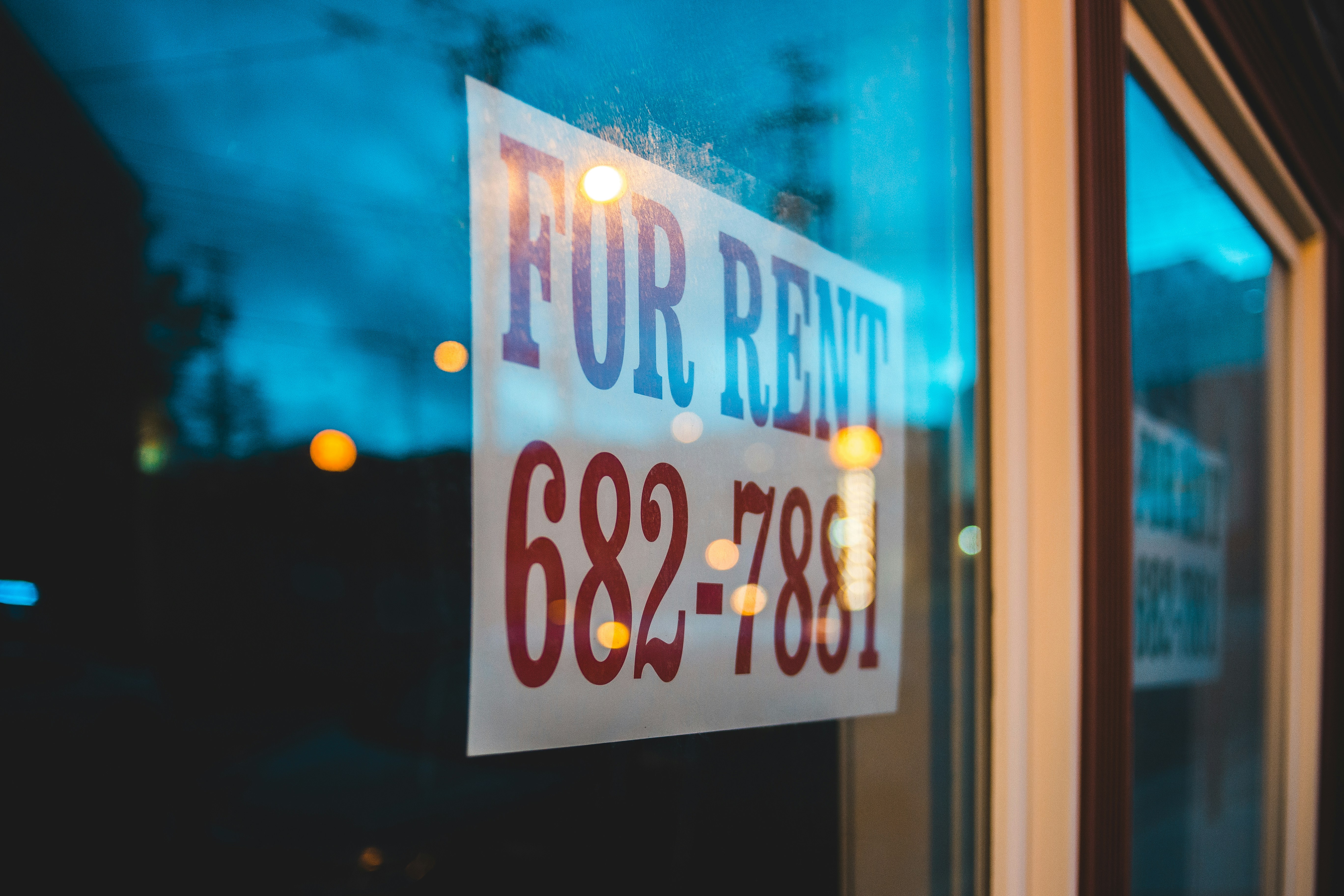Top Line: Adding your property manager as Additional Insured on your policy is a best-in-class practice that can save an owner thousands of dollars.
As a property owner, protecting your assets is paramount. One effective strategy is to hire a professional property manager who can reduce your exposure to risks and manage the complexities of rental property operations. To further bolster your protection, adding your property manager as an Additional Insured on your landlord insurance policy is essential. This step not only enhances your overall risk management strategy but also improves liability coverage and contributes to the long-term success of your real estate investments.
Disclaimer: The content provided here is for general informational purposes only and does not constitute legal, financial, or tax advice. No client relationship is created by reading the blog. Always consult with a qualified attorney, accountant, or financial advisor to assess your specific situation.
What Does "Additional Insured" Mean?
The term Additional Insured extends your landlord insurance policy’s liability coverage to include your property manager in claims arising from slips and falls or other injuries on managed properties. This is significantly different from Additional Interest, which merely notifies the manager about any changes or cancellations to your policy. In short, while Additional Interest offers information, Additional Insured status provides genuine liability protection for your property manager. For a deeper dive into these distinctions, you might refer to guides like those available on The Balance. Or if you like learning via explanatory videos, here is a good YouTube video.
Why List Your Property Manager as Additional Insured?
Reputable property management firms would almost certainly require to be listed as an Additional Insured. In many property management agreements, this is a standard clause. In fact, if your property manager isn’t asking for this, it might be a red flag. Here’s why adding this endorsement matters:
- Reduces Legal Disputes: Aligning with industry norms helps minimize potential conflicts between owners and managers.
- Streamlines Claims: A unified insurance policy simplifies the defense strategy and the claims process in the event of litigation, especially when both manager and owner are defendants.
- Covers Property-Related Risks: It protects both parties from premises liability issues such as tenant injuries or property damage.
- Protects the Owner: Most property management agreements include an indemnity clause. Without the Additional Insured endorsement, the owner may become personally liable for damages or legal costs if something goes wrong.
Isn't My Property Manager Covered by Their Own Insurance?
Property managers typically carry General Liability and Errors & Omissions (E&O) insurance. However, these policies generally do not cover risks tied directly to the property. In the event a tenant files a claim—say for an injury on the premises—the owner’s policy is usually the primary defense. This makes it essential for the owner to extend coverage to the manager through an Additional Insured endorsement. (For more details on the standard policies property managers carry, see resources like the article by Doorloop.
Key Benefits of Adding Your Property Manager as Additional Insured
Property managers are entrusted with significant responsibilities, from managing tenants and repairs to addressing unforeseen incidents. Given this role, they are frequently exposed to potential liabilities such as:
- Property Damage: Incidents like fire, flooding, or burglary.
- Personal Injury: Injuries sustained by tenants or guests on the property.
- Other Claims: Any situation leading to damages that could prompt litigation.
By adding your property manager as an Additional Insured, you gain several key benefits:
1. Unified Legal Defense
Both parties share a single insurance provider, reducing legal complexities and costs associated with disjointed defense strategies.
2. Enhanced Premises Liability Protection
Extending your policy’s coverage helps safeguard against disputes over who is liable for damages. Without this step, you might face significant out-of-pocket legal costs. Read more about liability coverage nuances on Investopedia.
3. Cost Savings
Without the endorsement, a property manager might later seek reimbursement for losses under the indemnification clause—potentially leading to expensive and time-consuming claims against you.
Will my Insurance Add My Property Manager as Additional Insured?
TOP LINE: PMI James River doesn't want the additional insured endorsement to be a hardship. For any of our clients struggling with this, we have a master liability policy that provides our clients with up to $1,000,000 in coverage per occurrence, for only about $12 per month per property. Please note our master policy only covers liability; owners are advised to obtain a separate dwelling/fire policy to cover the dwelling structure.
Most major insurance companies recognize the benefits of adding property managers as Additional Insured and typically do so at no extra cost. However, some smaller or specialized insurers may incorrectly perceive this as an increased risk or be reluctant to add a third party. Given that a professional management company helps reduce overall risk—and that the owner indemnifies the manager—it makes little financial sense, even for the insurance company, not to secure this endorsement.
While PMI James River has not (yet) encountered an insurance provider refusing to add us as Additional Insured, some PMI colleagues have faced challenges, often due to inexperienced insurance agents. These agents may mistakenly believe that the Additional Insured requirement applies to the entire dwelling policy, implying that the property manager has an ownership interest in the property (which is obviously not the case). Because of this misunderstanding, some property owners also hesitate to request the endorsement.
It’s helpful to clarify to hesitant insurance agents that the property manager only needs to be listed as "Additional Insured" for Liability Coverage, not for the structure itself. In most cases, once this is explained, the insurance agent understands and adds the property manager to the policy. Another alternative is to request an endorsement that states: "Liability Coverage Extended to PMI James River," which is also sufficient. Some owners have had success escalating the request to a supervisor.
If your insurance provider continues to be resistant to this requirement, it may be a good idea to explore other options with your insurance agent. This is especially true if your policy does not separate liability and dwelling coverage. In such cases, switching to a different insurance provider may be necessary.
How to Add a Property Manager as an Additional Insured
Follow these steps to ensure your property manager is properly added to your policy:
- Review Your Policy: Confirm that your current coverage is compatible with an Additional Insured endorsement. (For guidance, check out helpful resources like this Zillow guide on landlord insurance.
- Contact Your Insurance Provider: Request the Additional Insured endorsement and ask about any associated costs.
- Supply Necessary Information: Supply your insurer with your property manager’s business name, address, and role.
- Obtain Written Confirmation: Once added, secure a copy of the endorsement and share it with your property manager.
Should the Property Manager Add the Owner as Additional Insured?
While it is technically possible for a property manager to add the owner as an Additional Insured on their policy, it is not standard practice and can introduce several risks, including:
- Expanded Liability Exposure: The property manager’s policy might be drawn upon to cover claims that primarily affect the owner.
- Primary vs. Secondary Coverage Confusion: The owner’s claim could inadvertently be considered primary, potentially exposing the manager to larger or more frequent payouts.
- Complicated Claims Handling: Unusual insured parties can complicate the process and lead to delays.
- Risk of Subrogation: Insurers might later seek recovery from the property manager if they pay out claims that should have been covered by the owner’s policy.
- Higher Costs for the Owner: All the Increased exposures listed above can drive up premiums and overall policy costs, which the owner may have to cover.
Given these issues, it is generally more beneficial for the owner to maintain their own coverage that addresses their specific interests.
Helpful Tips for Effective Insurance Setup
Be Clear in Your Request: Specify that you require an Additional Insured endorsement, not just an Additional Interest notification.
Shop Around: If your current insurer charges extra fees, consider comparing policies to ensure you’re getting the best overall value.
Ask About Master Liability Policies: Some property managers offer a Master Liability Policy for owners, which can be a cost-effective alternative.
The Importance of Proactive Risk Management
Failing to add your property manager as an Additional Insured can leave your real estate investment vulnerable to lawsuits, claims, and disputes—all of which can erode your profitability. Proactive risk management through proper insurance coverage is critical for long-term success. Discover more insights into effective landlord risk management on BiggerPockets.
Final Thoughts
Adding your property manager as an Additional Insured is a small but crucial step in safeguarding your investment and strengthening your professional relationship. This practice aligns with industry standards, minimizes legal risks, and promotes smoother operations. Take the initiative to discuss this with your insurer today and secure the protection both you and your property manager deserve.
For more resources on property management and investment strategies, explore PMI James River’s blog; here is a section just about insurance.


